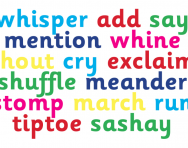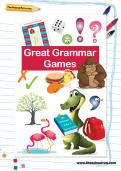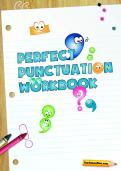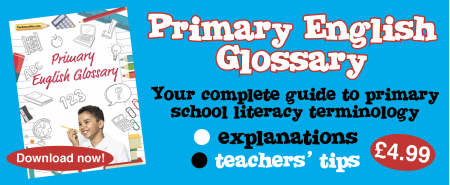What Is A Powerful Verb

Using powerful, descriptive verbs can make a big difference to your child's writing. We explain what parents demand to know about powerful verbs (and ordinary verbs!) when helping with primary-school homework.
What is a verb?
A verb is a doing word.A verb expresses a physical activity, a mental activity or a state of being.
For example:
Katy juggled with v apples.
The man daydreams in the park.
I am happy at school.
Verb tenses in writing
Verbs change co-ordinate to the tense of a sentence (whether the events described occurred in the past, are happening in the present or will take place in the time to come):
PAST TENSE: I jogged to the supermarket.
PRESENT TENSE: I jog to the supermarket. OR I am jogging to the supermarket. (Present continuous)
Time to come TENSE: I volition jog to the supermarket.
Children demand to be encouraged to use the correct verb tenses when writing different texts.
When writing a fiction text, they demand to make certain that their verbs are consistently in the past or consistently in the present.
When writing instructions, an information text, a report or an explanation, the tense unremarkably needs to be in the present.
Recounts, autobiographies and biographies are usually written in the past.
Journalistic writing, persuasive writing and argument texts can be a mixture of tenses.
Teachers do not ordinarily explicitly teach children how to make verbs agree with subjects or how to alter them to show past, present or future tense. Children are usually expected to pick this up through listening, speaking and reading. Verb tenses are usually corrected by teachers in the drafting and re-drafting process of a child's writing.


Download Fantastic Free Grammar Resources!
- Perfect Punctuation Workbook
- Great Grammer Games Pack
- PLUS 100s of other grammar resources
Powerful verbs in primary schoolhouse
At principal schoolhouse, teachers will persuade and encourage children, as much as possible, to use powerful verbs rather than ordinary verbs. For example:
Ordinary verb | Powerful verbs |
| said | whispered, mentioned, whined, shouted, cried, exclaimed |
| walked | shuffled, meandered, stomped, marched, tiptoed, sashayed |
Teachers will encourage children to apply powerful verbs in a number of ways:
- A section of the classroom display where actually good powerful verbs are 'gathered' by children for future use.
- Giving children word banks of powerful verbs on a piece of paper, to refer to when they are writing.
- Modelling the use of powerful verbs when writing. For instance, a teacher might commencement to write a sentence on the board: 'The wicked wizard.... ' The course might and so be told that the sorcerer is going into a witch'southward cave and is very angry with her. What powerful verb would be good to apply in this state of affairs to depict the magician's movements? Examples might be: raged, stamped or rushed.
- Underlining 'dull' verbs in a child's writing and encouraging them to call back almost a better, more powerful verb to put in its place.

What Is A Powerful Verb,
Source: https://www.theschoolrun.com/what-are-powerful-verbs
Posted by: rosalesvinal1945.blogspot.com


0 Response to "What Is A Powerful Verb"
Post a Comment